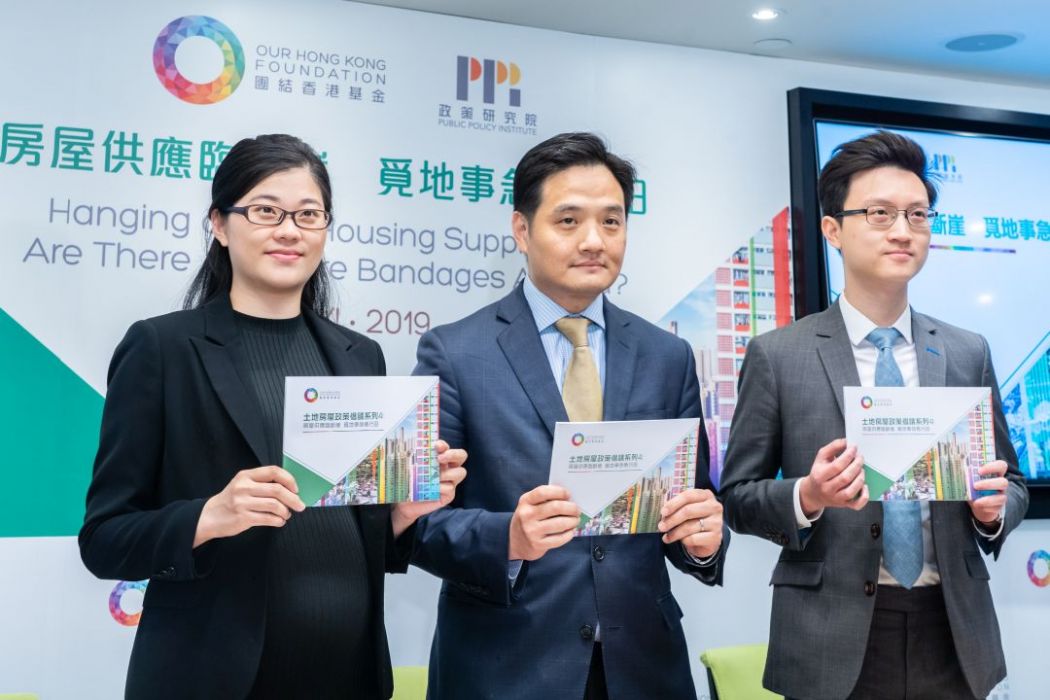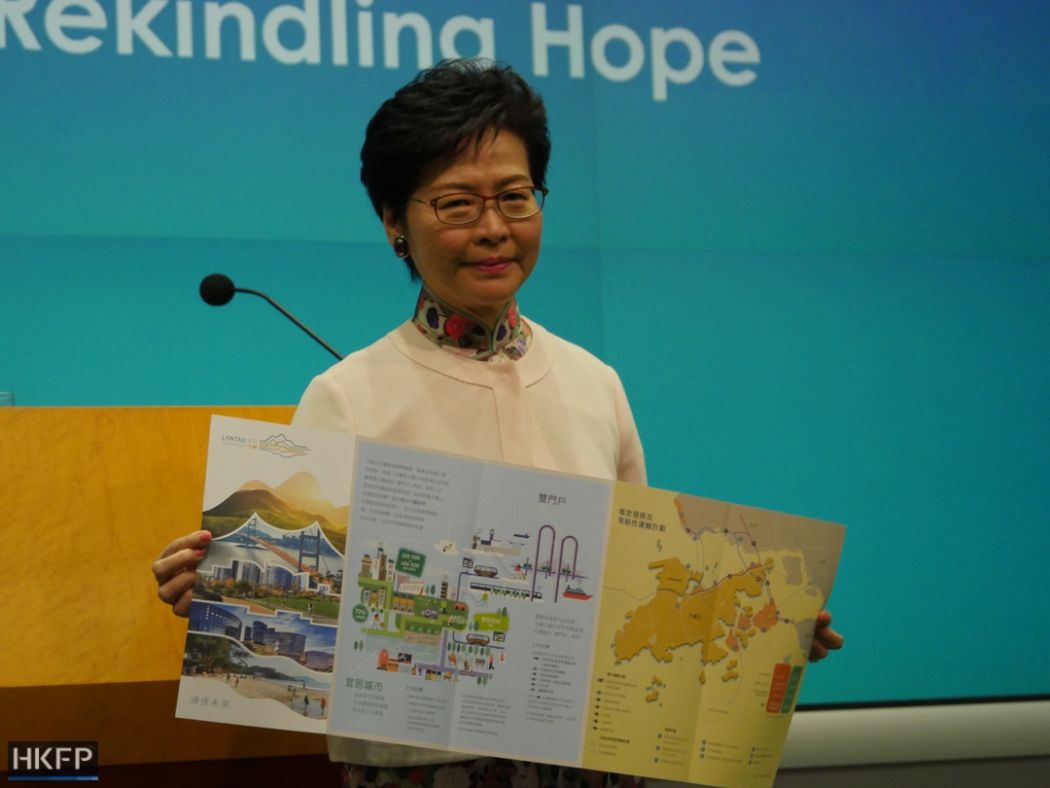The average waiting time for public housing in Hong Kong is expected to rise to over six years before 2022, according to a think tank led by former chief executive Tung Chee-hwa.
In a new report on housing issues, the pro-establishment think tank, Our Hong Kong Foundation, said the city will face a “dramatic drop” in both public and private housing supply. For public housing flats, the growth in supply had not been able to meet projections.
“The delay in completion of public housing has become worse over the past five years,” said Ryan Ip, the think tank’s head of land and housing research.

The report predicted only 18,300 public housing flats would be completed annually over the next four years – around 42 per cent below the government’s target. By 2028 to 2029, Hong Kong was expected to see a cumulative shortfall of 85,000 public housing units, the researchers said.
Hongkongers currently need to wait an average of 5.5 years for public housing, while elderly single-person applicants need to wait 2.9 years on average.
The supply of private housing units is also set to tumble by nearly 40 per cent by 2023, which the think tank attributed to a “significant slowdown” in the building of superstructure projects, as well as a reduction in “spade-ready sites” available for development.
‘Zero-sum game’
Chief Executive Carrie Lam has consistently described the city’s housing crisis as her administration’s most important priority, and has proposed a controversial land reclamation plan last year to increase land supply.
Lam has promised that Lantau Tomorrow Vision – her plan for artificial islands off the coast of the city’s largest island – will result in a 70:30 split between public and private housing. The government also adopted the 70:30 split in its Long Term Housing Strategy, in contrast to the previous 60:40 ratio.

However, Our Hong Kong Foundation said on Wednesday that upping the proportion of public housing would not solve the problem. “The revision of the target, however, is a zero-sum game, as it only recasts the public-private housing mix without raising the overall target,” the report read.
The think tank has publicly backed Lam’s land reclamation plan, with Ip on Wednesday describing the project as affordable and able to bring social benefit.
Land availability
Following a court ruling last week that partially struck down the Small House Policy – a policy that gives exclusive house-building privileges to male indigenous villagers – some land researchers have urged the government to reserve less land for that purpose.
The land research group Liber Research Community previously said that around 900 hectares of land could be freed up for development.

However, Our Hong Kong Foundation’s Deputy Executive Director Stephen Wong said that most of the land in question was located at ecologically sensitive areas, and some lacked connecting roads.
On Wednesday the think tank urged the government to speed up land rezoning, turning existing sites of other uses into residential sites. There are 215 sites marked for rezoning, but as of the start of this year, almost one third were still awaiting the start of the rezoning process.
The government should also rezone additional “brownfield” sites and farmland as a short-term solution, the foundation added.
The Hong Kong Free Press #PressForFreedom 2019 Funding Drive seeks to raise HK$1.2m to support our non-profit newsroom and dedicated team of multi-media, multi-lingual reporters. HKFP is backed by readers, run by journalists and is immune to political and commercial pressure. This year’s critical fundraiser will provide us with the essential funds to continue our work into next year.

